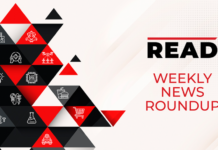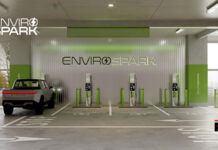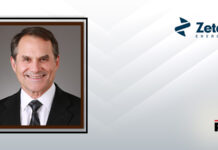Autoliv, Inc. and, the worldwide leader in automotive safety systems, is adapting to new business conditions and is beginning to see results from its price increase negotiations with customers to offset inflationary pressures.
Also Read: MotorK Enters Into Exclusive Negotiations for the Acquisition of Webmobil24
Year-to-date, global LVP has been limited by supply side issues and COVID-19 related lockdowns in China, rather than by underlying market demand issues. The lockdowns in China have affected the LVP more negatively than expected. This led to more than 40% year-over-year Chinese LVP decline in April. May saw a recovery to around flat vs. May 2021. IHS Markit’s latest update for the second quarter LVP in China is 11% lower than it was in April, when our Q1 2022 results were published. Furthermore, vehicles with high safety content were reduced in China in May leading to a negative content mix for Autoliv. Government incentives are expected to drive a second half year recovery. Therefore, combined with an improved availability of semiconductors, IHS Markit expects that the second half of 2022 will recover what was lost in the second quarter and thus global LVP growth remains at around 5% for the full year.
Autoliv is accelerating mitigation activities to support our medium-term targets
Autoliv continues to work intensely with customers to secure price increases to compensate for the inflationary pressure and supply chain disruptions. We have made progress on cost recovery through sustainable price increases, with some customer pricing being retroactive to cover costs incurred earlier in 2022. We preserve our ability to seek further adjustments in the future should the need arise.
In parallel with the price negotiations, Autoliv is introducing further cost reductions to reduce annualized spend, mainly by reviewing and prioritizing certain projects, reducing headcount, consultants, and temporary employees.
“Our mitigation activities include price negotiations with customers to support a sustainable business model in the current higher inflationary environment. This includes sustainable price increases and a higher frequency of price adjustments as well as broad-based cost reductions,” says Mikael Bratt, President and CEO of Autoliv. “This means negotiating more flexible customer contracts to ensure that inflationary pressures are effectively pushed through the value chain. It also includes closer engagement with customers to enable more predictable production schedules,” Mikael Bratt continues.




